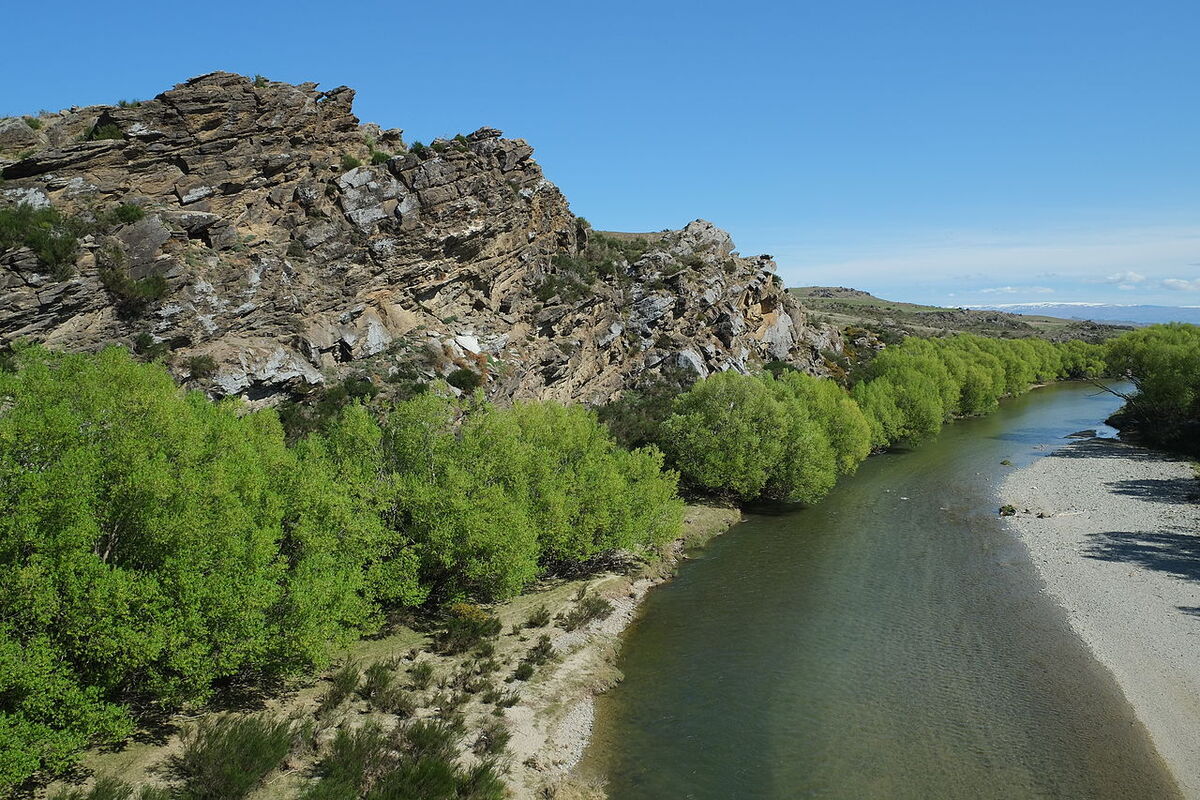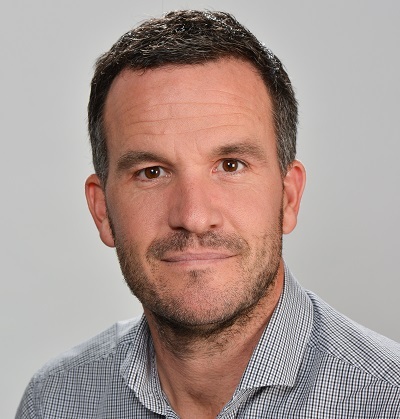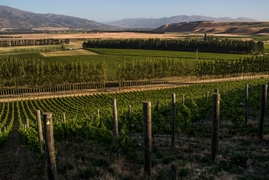Strong Independent evaluation report for ORC
Aimee Wilson
18 February 2025, 4:45 PM
 The contentious Manuherikia River will continue to be a hot topic for Otago Regional Council staff and councillors FILE SHOT
The contentious Manuherikia River will continue to be a hot topic for Otago Regional Council staff and councillors FILE SHOTAn independent performance evaluation report for the Otago Regional Council (ORC) highlights many new strengths within the organisation.
In March 2023, the regional council approved participation in Local Government New Zealand’s independently run CouncilMARK; since rebranded Te Korowai, to provide the Evaluation Report, with a focus on continuous improvement.
Its overall assessment was ranked ‘Mauri tū - Active’ which was second from the top of a four-point range of performance benchmarks (inactive, aware, active and thriving).
Councils in the ‘active’ state were committed to change and actively implemented plans to achieve their goals. They demonstrate a high level of performance through proactive actions and effective governance.
Chief executive Richard Saunders said the work had a focus on continuous improvement and helped create a benchmark which over time could then be measured.
“This is a welcome report and a good step in benchmarking where ORC is up to, and more importantly which areas need focus to deliver the best outcomes for the environment, Otago communities, our mana whenua partners and our stakeholders around the region.”
Richard was proud of the work of the staff and the recognition ORC had attained with a strong commitment to building science and environmental capability, achieving quick turnaround times and reduced costs for those seeking consents, plus delivering a financial strategy greatly simplifying the rating regime.
“However, there’s plenty to focus on in the report’s ‘area of improvements’ and work to be done,” he highlighted.

ORC chief executive Richard Saunders is proud of the work of his staff over the past three years. FILE SHOT
The report said an area the regional council struggled with was identifying value for money of its services, particularly in light of the very significant expenditure increases.
Operating expenditure grew from $57million in 2018 to $105m in 2023, growth of 84 percent.
Staff numbers increased from 179 in 2019 to 346 at the end of June 2024, an increase of 93 percent.
In terms of public perception, a 2023 community survey indicated a growing number of ratepayers thought ORC had a good reputation. This had increased from 65 percent in 2021 to 67 percent in 2023.
Participants who were dissatisfied with ORC’s reputation due to ‘infighting between councillors/dysfunction’ has decreased significantly over the past three years, from 17 percent dissatisfaction in 2021, down to just 4 percent in 2023.
“Notwithstanding, the working culture amongst elected members could benefit from further improvement. A more considerate and collaborative governance culture, providing opportunities for respectful dissent, would increase the ability of ORC to achieve its vision and goals for the region.”
Cr Bryan Scott resigned from council in late 2024 citing dissatisfaction over the Government making new legislation to halt land and water plans.
Just last week in an interview with Crux Cr Alexa Forbes indicated her intent to stand down at the next election as well, for similar reasons.
The report noted the council had an ‘upfront’ approach to developing elected member capability, providing pre-election candidate information and a post-election induction process.
“Apart from that, training appears to be undertaken on an ad-hoc basis with no formal self-review or professional development processes in place and no mentoring arrangements for newly elected members.”
Report recommendations included the development of a systematic training programme for councillors beyond the induction phase and including training in the RMA.
Other report recommendations included the development of a consolidated State of the Environment report to stocktake Otago’s environment, and better explanation of the approach to land and water planning.
Te Korowai included interviews during 25 meetings with more than 70 people, including staff, Councillors, iwi partner representatives and stakeholders.
There were 62 Performance Assessment Framework questions, plus supporting documentation and evidence.
Have a story to share?
Contact [email protected]
NEWS
JOBS






